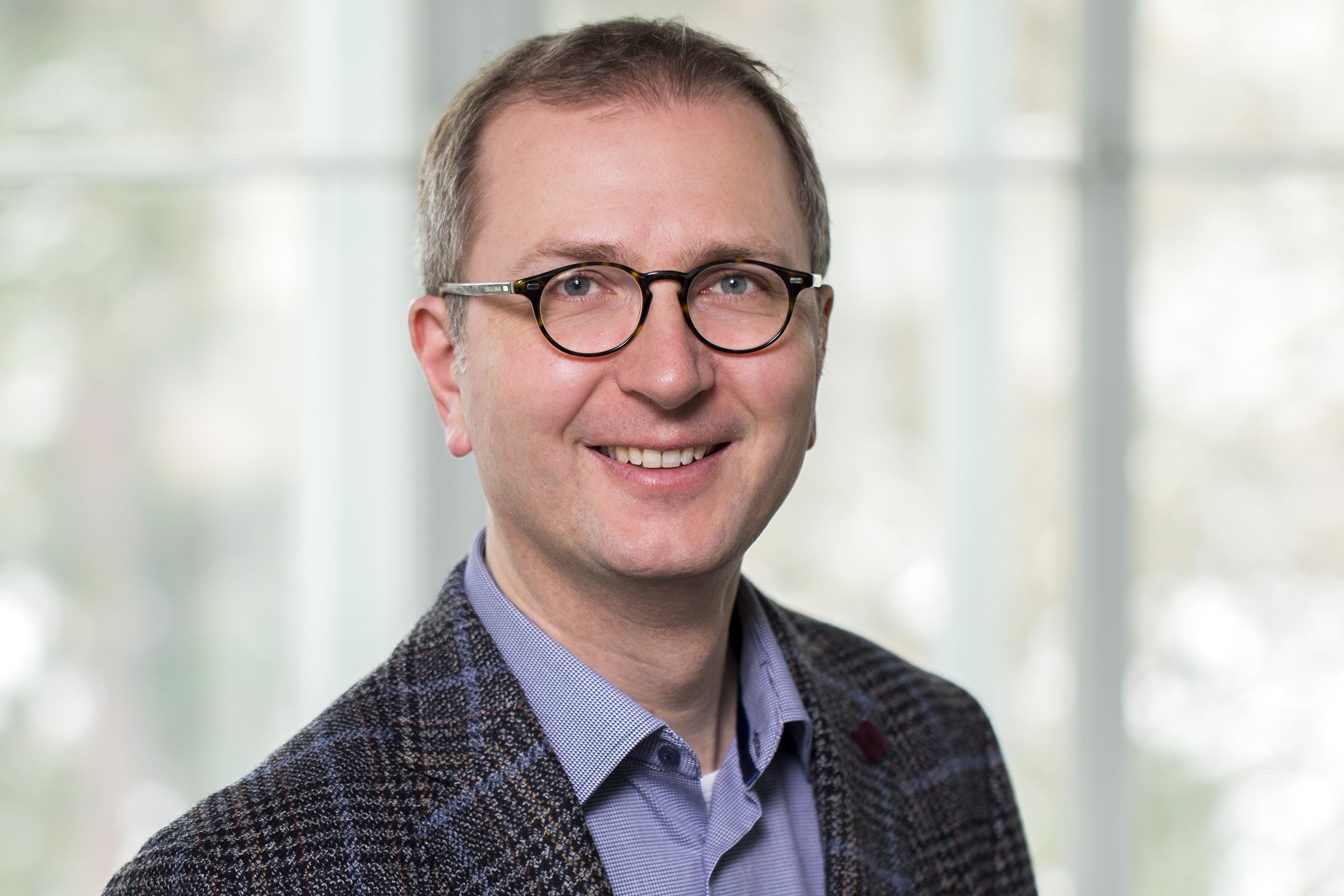
(Vienna, 08 June 2020) The elective course in "Homeopathy" offered at MedUni Vienna was replaced by the elective course "Complementary Medicine: Esoterism and Evidence" in the 2019 summer semester. This course gave students the opportunity to critically appraise alternative healing methods such as Traditional Chinese Medicine and homeopathy. Their findings have now been published in a special edition of Wiener Klinische Wochenschrift [Vienna Clinical Weekly]. Harald Sitte, pharmacologist and course lecturer, explains why it is important to take a critical look at complementary medicine.
Acupuncture, acupressure, homeopathy, Bach flower remedies, Kneipp hydrotherapy or Traditional Chinese Medicine (TCM): alternative therapies are booming and "are a reality that doctors are bound to encounter out in the wild," says Harald Sitte. For this reason alone, it is important that prospective doctors confront them. When the Homeopathy elective was removed from MedUni Vienna's curriculum in autumn 2018, following numerous student complaints, he and a group of professors called for a new elective subject that took a critical look at complementary medicine. This was offered for the first time in the 2019 summer semester under the title "Complementary Medicine: Esoterism and Evidence". And it proved to be extremely popular: around 80 students actively took part and so the new subject was kept on the curriculum for the winter semester. "The students are really very enthusiastic. I think it is important to make them aware of esoterism and encourage them to question: What evidence is there and when is it just a business model?"

Scepticism about vaccination and belief in homeopathy widespread
Together with their professors, the students of the 2019 summer semester wrote a series of articles for Wiener Klinische Wochenschrift: “As MedUni Vienna, we also want to take a public position. The results of our work were published with open access, so that they were universally available," says Sitte.
The elective students examined the following themes: phytotherapy, Ayurvedic medicine, orthomolecular medicine, manual therapy, Traditional Chinese Medicine, homeopathy, complementary cancer therapies and also vaccination scepticism and placebo and nocebo effects (perceived negative side-effects, even though a preparation is without effect). A survey about the prevalence of alternative therapies in Austria, also carried out as part of the project, indicates that "Public scepticism about vaccination and belief in homeopathy often go hand-in-hand and are particularly prevalent among the better educated classes".
Large profits margins for manufacturers of homeopathic remedies and other complementary medicine products
Moreover, he does not think that the continued popularity of complementary medicine is merely down to the public's belief in miracles but believes it also has something to do with the privileged position that manufacturers of homeopathic remedies occupy in the marketplace: "Naturally, the profit margin for preparations that do not contain any active ingredients is large. As a manufacturer, I do not need to factor in costs for research and expensive clinical trials, nor do I need to contend with any long-winded approval process. I can simply sell the product without worrying that it can harm someone, if used incorrectly. The profit margin is much smaller for conventional medicines. That is why homeopathic remedies and other complementary medicines are so attractive to businesses."